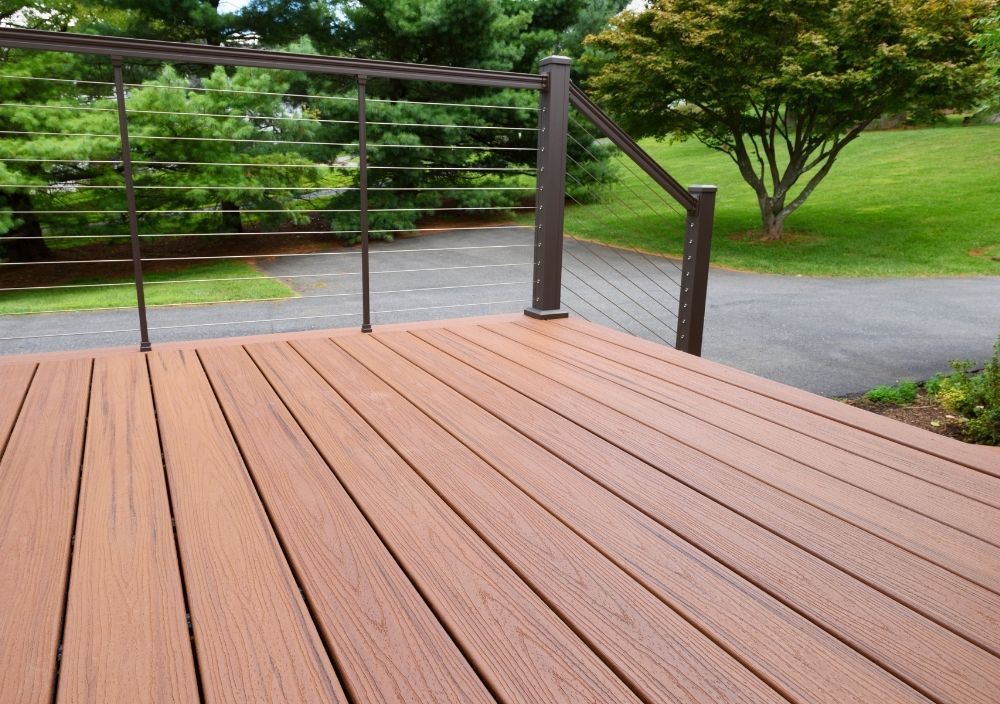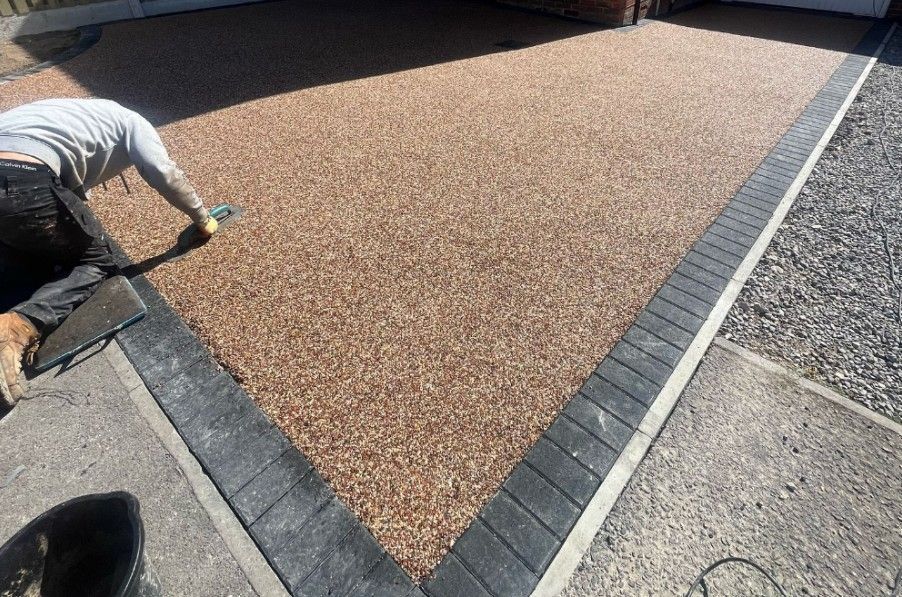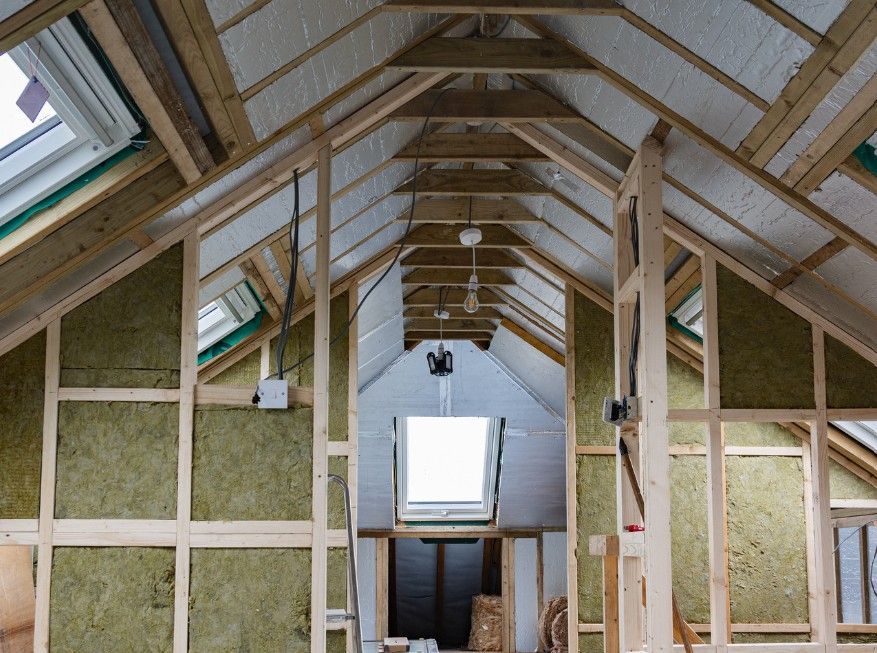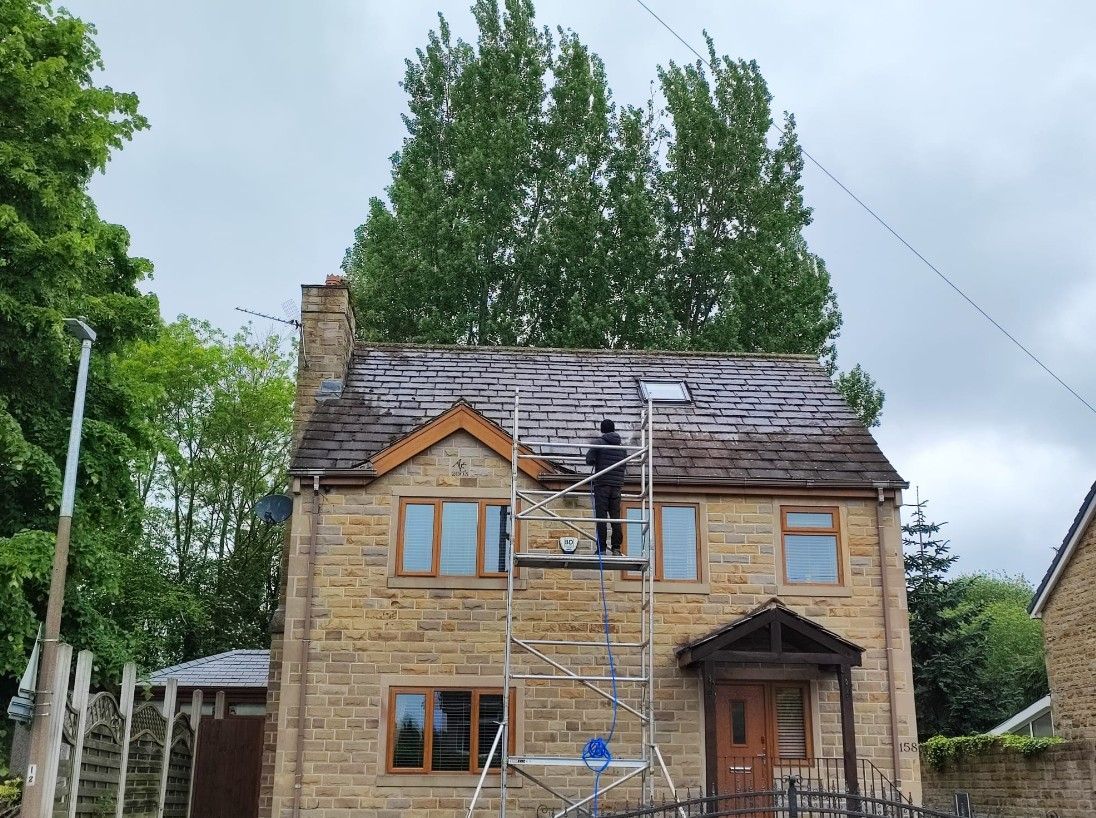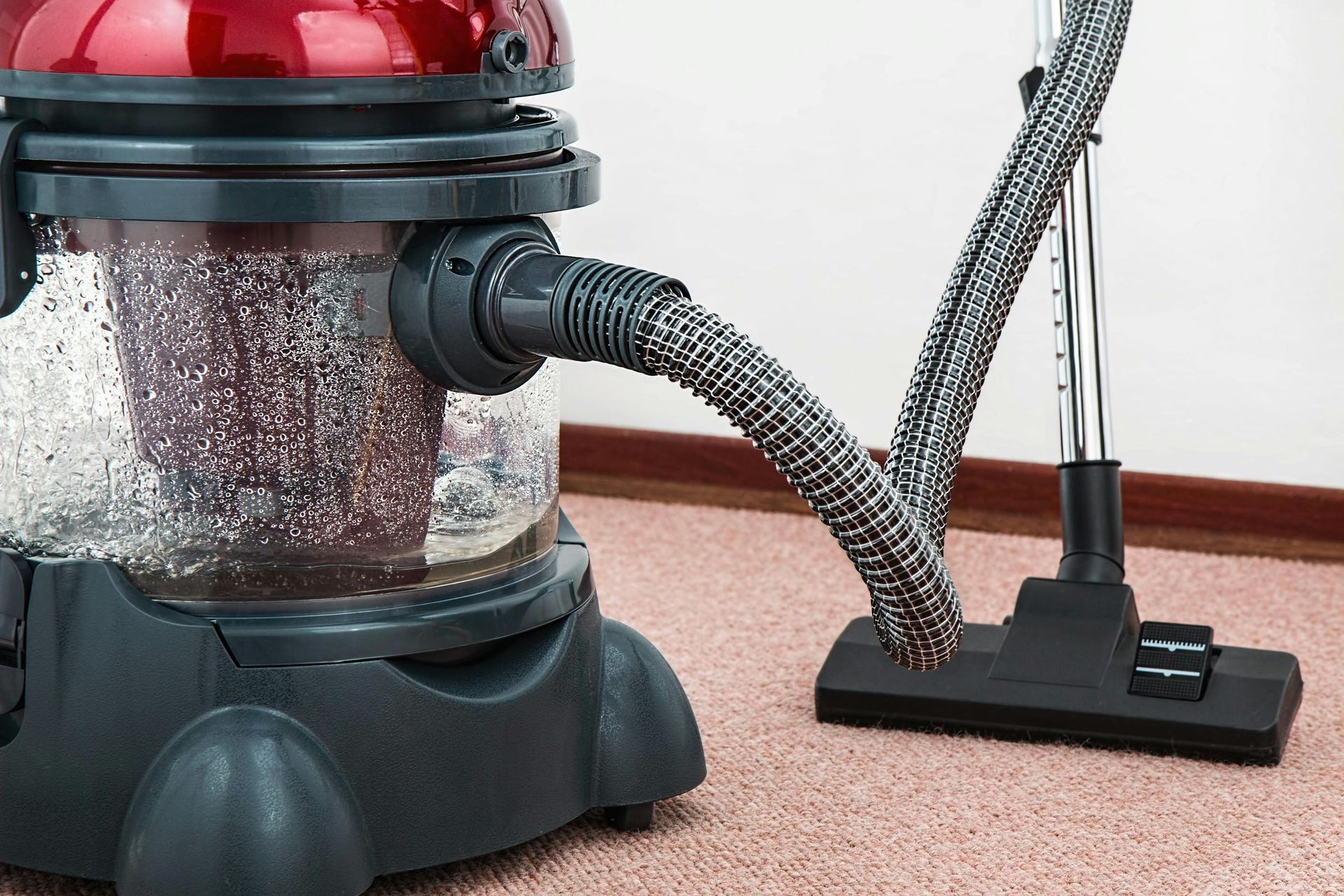How does a resin driveway compare to coloured tarmac
Resin or Tarmac - how do they compare for a driveway?
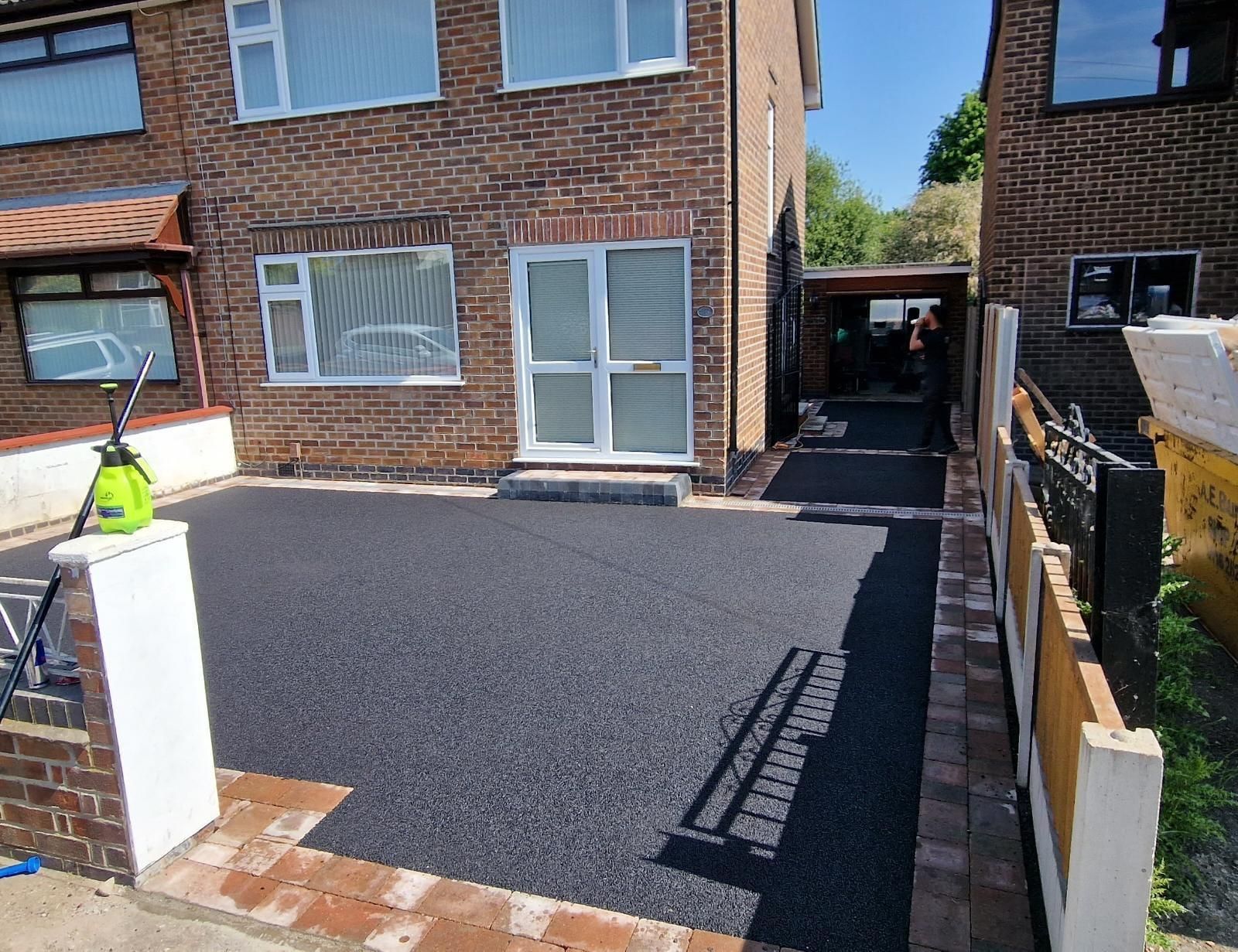
When planning a new driveway, most UK homeowners are faced with a choice between durability, aesthetics, and budget. Two popular surfacing options are resin driveways and coloured tarmac. While both offer distinct benefits, they differ in appearance, maintenance, cost, and long-term performance. In this guide, we’ll compare resin and coloured tarmac driveways to help you decide which is the better fit for your home.
What is a Resin Driveway?
A resin driveway in Sheffield is created by binding natural aggregate stones with a specialist resin. The mixture is then laid and smoothed into place, leaving a sleek, permeable, and highly decorative surface. Resin-bound driveways are available in a wide variety of colours and finishes, allowing homeowners to create bespoke designs that complement their property.
Key features of resin driveways:
- Smooth, seamless surface
- Highly decorative with many colour blends
- Permeable, aiding drainage and meeting SuDS compliance
- Low maintenance, only requiring the occasional jet wash
What is Coloured Tarmac?
Traditional tarmac driveways are made from crushed stone and tar, but with the addition of specialist pigments, you can achieve coloured finishes. Popular shades include red, green, and buff, offering a more unique look compared to standard black tarmac.
Key features of coloured tarmac driveways:
- Cost-effective compared to premium options
- Faster installation than resin in most cases
- Wide range of colours (though limited compared to resin)
- Durable and weather-resistant
Aesthetic Appeal: Resin vs Coloured Tarmac
When it comes to looks, resin is hard to beat. Resin driveways provide a premium finish with natural stones visible through the surface, giving a modern, stylish appearance. Homeowners can choose from dozens of colour blends and even incorporate borders or patterns.
Coloured tarmac, while more attractive than plain black tarmac, has fewer customisation options. Its colour tends to fade over time due to UV exposure, which can make it look dull after a few years. Resin, on the other hand, retains its vibrant look for longer.
Verdict: Resin driveways win for long-term aesthetics and design flexibility.
Durability and Longevity
Both materials are durable, but they perform differently under pressure:
- Resin driveways are strong and resistant to cracking, provided they are laid correctly with a solid base. However, they can be susceptible to damage from heavy vehicles if the sub-base isn’t prepared properly.
- Coloured tarmac driveways are extremely robust, making them suitable for high-traffic areas. They may scuff more easily, but they generally cope well with the UK’s freeze-thaw climate.
On average, a resin driveway lasts 15–20 years with proper care, while coloured tarmac driveway can last 20–25 years.
Verdict: Coloured tarmac may edge slightly ahead for longevity, though resin offers more consistent surface quality.
Maintenance Requirements
- Resin driveways require minimal maintenance. Their permeable surface resists puddles and weeds, and a light jet wash keeps them looking new.
- Coloured tarmac driveways can be prone to moss and algae growth, especially in shaded areas. They may also require periodic resealing to preserve the colour and prevent cracks.
Verdict: Resin is the easier option for low-maintenance households.
Drainage and Environmental Considerations
UK planning rules often require driveways to be SuDS-compliant (Sustainable Drainage Systems) to reduce flood risk.
- Resin driveways are naturally permeable, allowing rainwater to drain through the surface into the ground. This eco-friendly quality makes them highly attractive to modern homeowners.
- Coloured tarmac driveways are not permeable, meaning water runoff can be an issue. To comply with regulations, additional drainage solutions may need to be installed.
Verdict: Resin is the eco-friendlier, regulation-friendly choice.
Installation Process
- Resin driveways require more careful preparation and skilled installation. The surface must be laid evenly, and weather conditions can delay the process.
- Coloured tarmac driveways are quicker to install and can often be completed within a day for standard-sized driveways.
Verdict: Tarmac is the faster and less complex option.
Cost Comparison
- Resin driveways typically cost between £70–£120 per m² in the UK, depending on design complexity and aggregate choice.
- Coloured tarmac driveways usually fall between £60–£90 per m², making them slightly cheaper overall.
Verdict: Coloured tarmac is generally more budget-friendly, though resin offers a more premium feel.
Which is Best for Your Home?
When comparing resin vs coloured tarmac driveways, the right choice depends on your priorities:
- Choose resin if you want a stylish, modern, eco-friendly driveway that’s easy to maintain.
- Choose coloured tarmac if you prefer a hard-wearing, cost-effective surface that can handle heavy use.
Both materials are excellent choices, but resin offers greater kerb appeal and sustainability, while coloured tarmac provides unbeatable strength at a lower price point.
Final Thoughts
Your driveway is the first thing visitors see when they arrive at your home, so it’s worth investing in the right surface. Resin driveways provide a bespoke, high-end finish perfect for modern properties, while coloured tarmac offers a durable, practical, and budget-friendly solution.
Before deciding, consider factors such as aesthetics, budget, and drainage compliance. Speak to a professional driveway installer to assess your base, discuss colour options, and get a tailored quote. Whether you choose resin or coloured tarmac, a well-installed driveway will enhance your home’s kerb appeal and add long-term value.
Ready to work with Lexsee Business Directory?
Let's connect! We’re here to help.
Send us a message and we’ll be in touch.




